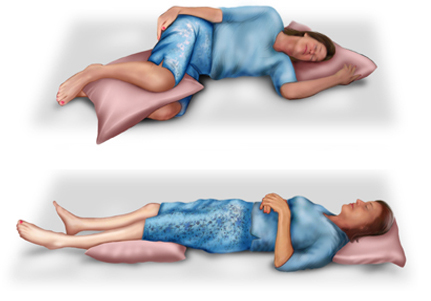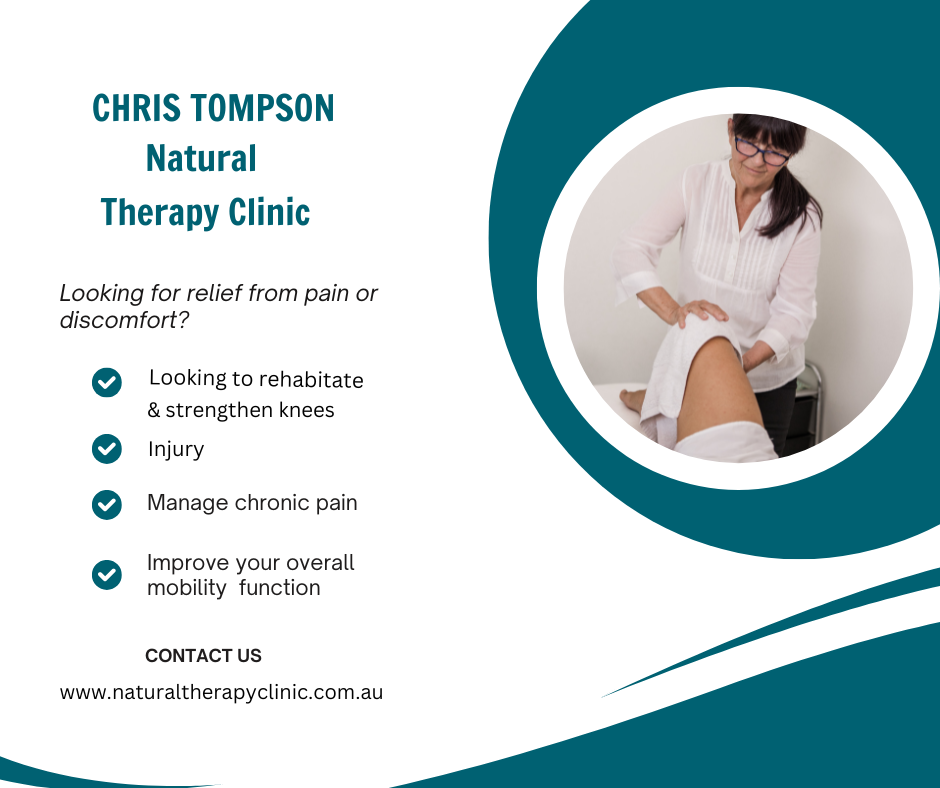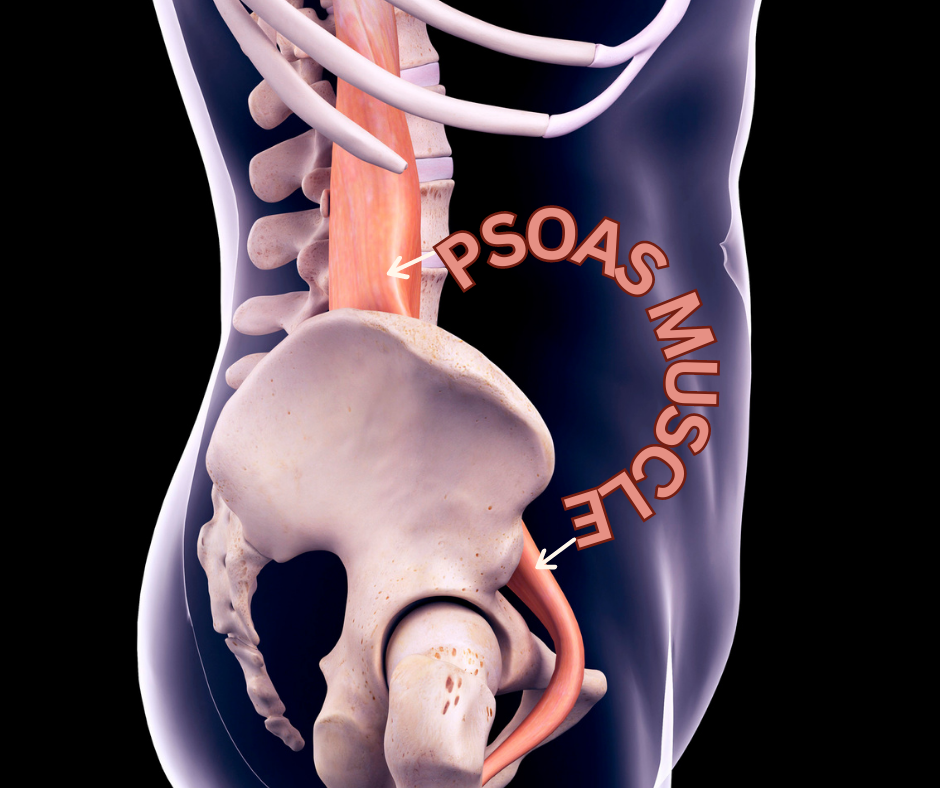What is a sleep disorder?
A sleep disorder is any difficulty with sleep, it can manifest in lots of different ways, some of which are listed below:
- Are you having difficulty falling or staying asleep
- Do you have problems staying awake during the daytime (excessive sleepiness)
- Are you sleeping too much
- Do you have difficulty sleeping during normal sleep hours at nighttime
- Are you constantly dreaming throughout the night, which can disrupt your sleep?
- Are you waking up not refreshed after sleep?

Sleep can be divided into two crucial phases:
Non-rapid eye movement sleep (NREM) sleep takes up 80 percent of the average dreamer’s night. The earliest phase of NREM sleep begins with general relaxation of muscles. This relaxed state eventually culminates in the deepest sleep level when protein synthesis, growth hormones, immune function and the mind are given a boost. Delta waves—the slowest and largest waves—signal the onset of this most rejuvenating sleep level, which constitutes 50 percent of an adult’s sleep time.
Rapid eye movement sleep (REM) sleep takes up about 25 percent of an average sleeper’s night, and is the period that proves most restorative to the mind. Dreams that occur during REM sleep provide, in a sense, a sorting through of free-floating information. Prolonged REM deprivation has been linked to excessively anxious or emotional behavior that dissipates once more regular sleeping habits are achieved. REM sleep is the most important period for mental revitalization.
Which is the best position to sleep?

The best position for sleep is on your back with a small pillow under your head, you can also have a pillow under your knees if you have problems with a sore lower back. Another position for sleeping is on your side with a pillow between your legs.
Try to avoid sleeping on your stomach as it causes hyper-extension of the back which tightens up the back and neck muscles and causes pain during the night that can lead to disrupted sleep.
Symptoms of lack of sleep are:
Do you . . .
- Feel irritable or sleepy during the day?
- Have difficulty staying awake when sitting still, such as when watching television or reading?
- Fall asleep sometimes while driving?
- Have difficulty paying attention or concentrating at work, school, or home?
- Perform below your potential in work, school, or sports?
- Often get told by others that you look tired?
- Have difficulty with your memory?
- React slowly?
- Have emotional outbursts?
- Feel like taking a nap almost every day?
- Require caffeinated beverages to keep you going?
If you suffer from any of the above list, then you certainly might have a sleep problem. But don’t despair there are a few easy solutions to help rectify your problem.
Would you like to:
- Go to sleep easily
- Have a restful & deep sleep without all that dreaming
- Wake up refreshed full of energy & invigorated
- Have a clear mind and be able to remember things easily
- Be able to stay awake so you can watch your favorite show on T.V.
Remember that when you sleep your body is healing itself, so it is important that you have good quality sleep. Also lack of sleep has a huge effect on your immune system.
How do I improve my sleep?
There are a feel simple tools that can help you to improve your quality of sleep and more important, the quality of your life.
- Relaxation therapy: That can be as simple as taking a little time out to listen to a relaxation tape or a piece of music that you enjoy. It can be meditation or a moving meditation such as tai chi, going for a walk or swimming, it is all about being able to switch off your mind for a short time.
- Myorthotics is a simple muscle, ligament, and sinew relaxant technique which is designed to relax contracted soft tissues which may be placing uneven strains on the vertebrae. This non-invasive, non-chiropractic technique is very effective for the relief of joint pain, muscle pain, and spinal pain and releases tension throughout the body and can give you a better night’s sleep.
- Stimulants Try to keep away from stimulants close to bedtime: e.g. coffee, tea, too much wine, other things that can have the same effect is vitamin “B” complex taken too late in the afternoon and also working or playing on the computer an hour or so before bed can stimulate you










